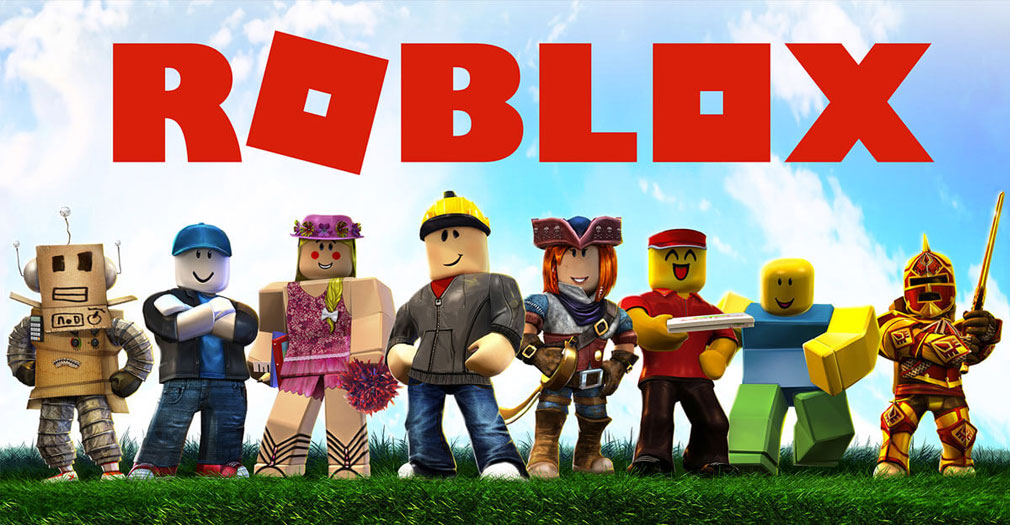
When Privacy Concerns and Deceptive Marketing Issues Intersect
Why TINA.org supports FTC’s proposed changes to COPPA Rule but pushes for more.
How millions of kids will lose their rights to be properly refunded for their losses.
| Laura Smith
In 2021, a 12-year-old child going by the pseudonym Jane Doe brought a class action against Roblox for losses suffered by millions of kids as a result of the platform’s “content-deletion scheme.” Her complaint explains that when she was about 10 years old, Jane created a Roblox account, purchased Robux, and used this in-game virtual currency to purchase clothing for her avatar, thinking that meant she owned the items and that they would remain in her inventory. But that turned out not to be the case – Roblox deleted several of Jane’s purchased items without warning or explanation, and without any refund. And this, according to the class-action complaint, is what happened to 8 million others.
A year and half after bringing her lawsuit, the parties – Roblox on one side and the roughly 8 million kids on the other – reached a settlement agreement that would, if approved by the court, resolve the entire case. But TINA.org doesn’t think that the settlement is fair and so it filed an amicus curiae (“friend of the court”) brief yesterday, asking a California federal district court to reject the proposed settlement. Some of those issues highlighted in TINA.org’s brief are examined below.
Roblox has the right, in its discretion, to suspend the availability of, or remove from the Services, any content (including Experiences, Virtual Items and any other UGC) without advance notice. Roblox is not liable for any losses User takes as a result of such suspension or removal, and Roblox is not required to refund any Robux or other funds that User has spent on any removed or suspended content.
Yes, you read that right. Roblox is keeping its right to delete content whenever it wants and not refund users. As for its purported Robux credit refund policy, details about that policy – including who would be eligible and when – are not published anywhere as far as TINA.org can tell.
It’s worth noting that the Ninth Circuit Court of Appeals – where this case would end up if there is an appeal – has been critical of unfair class-action settlements in the past. In one case, decided the same year the Roblox case was filed, the court quoted “Hamilton: An American Musical” to explain a fundamental issue with class-action settlements:
“Two Virginians and an immigrant walk into a room/ diametrically opposed/ foes/ They emerge with a compromise/ Having opened doors that were previously closed/Bros/ . . . No one else was in the room where it happened . . . No one really knows how the game is played/ The art of the trade/ How the sausage gets made/ We just assume that it happens/ But no one else is in the room where it happens.”
Though that process suffices for political compromise and even most settlements, it does not for class action settlements. Because they impose binding judgments on absent class members, federal courts must approve class action settlements and ensure that they are fair, reasonable, and adequate.
And that is precisely what TINA.org is urging the court to do here – only approve a settlement that is fair, reasonable and adequate. Because the proposed agreement does not meet this bar, TINA.org is urging the court to deny final approval.
The final fairness hearing is scheduled for Sept. 27. Stay tuned for updates.
Why TINA.org supports FTC’s proposed changes to COPPA Rule but pushes for more.
These brand collabs are far from fab.
And why the problem is even worse when those human viewers are kids.


